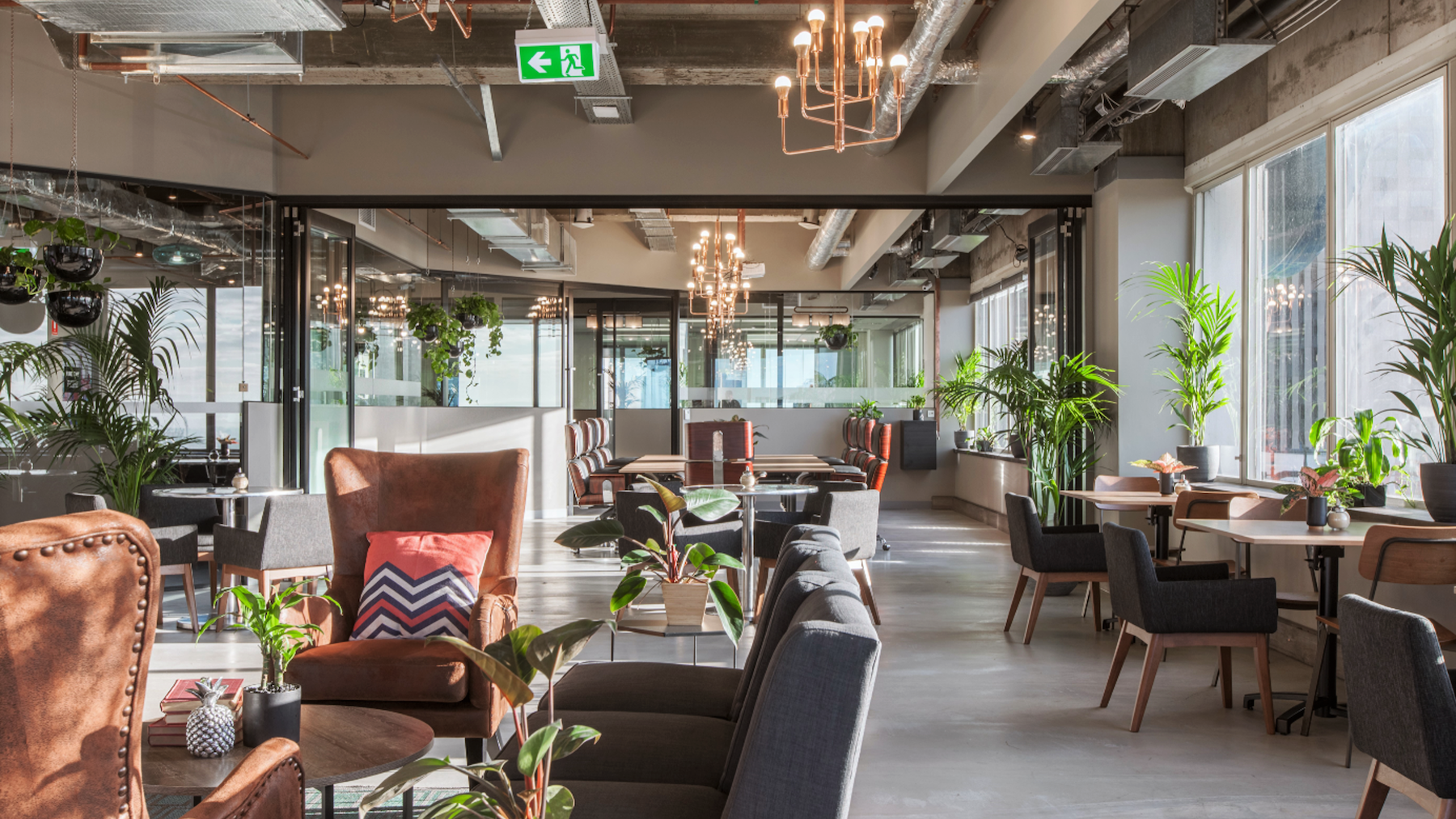Entering the workforce always has its set of challenges. For Gen Z, it came in the form of a global pandemic. They're entering the workplace during an uncertain time, and supporting them as they start their careers is integral to their continued success.
Gen Z at a glance
Generation Z—also known as Gen Z, iGen, or centennials—is the generation of people born between 1997-2012. They grew up with the internet, smartphones and social media. They're the most racially diverse generation to date, and care deeply about inclusion and social responsibility. Members of Gen Z are also set to be the most educated generation, although not without hefty student loans.
In order to adequately meet the needs of new hires, it’s helpful to understand the mindset they’re coming in with, and where their values align.
Adobe shared some interesting findings in their recent survey on Gen Z:
They feel the most pressured to be reachable around the clock, including early mornings and evenings.
They're the most likely to plan on switching jobs in the next year, especially those struggling with time and productivity pressures, more so than other working generations.
Enterprise workers are the most likely to switch jobs for access to better tools that make them more productive.
They're the most likely to switch jobs for more work-life balance and to be more in control of their schedules, such as working remotely.
These feel the most pressure to appear working during office hours, even if it’s not when they are most productive.

What future hires want in a workplace
With the oldest members of Gen Z graduating in 2020, many are entering the job market now. Here’s what they're looking for most in a future employer:
Flexible work arrangements
As we’ve seen from a year of exponential growth, hybrid work is here to stay. People are eager to get out of their house more than ever because they’ve been there for much of the past 18 months, but that doesn't mean they want to go back to the office five days a week. It’s not that employees don’t want to go back to the office; they just don’t want to go back to how they used to work.
This is definitely true among members of Gen Z. A survey from ComputerWeekly showed that half of Gen Z would leave their current job if not given a hybrid work option. Of respondents, 70% said that they would select an employer who offered a flexible work arrangement over one who didn’t. Two thirds of respondents believed their mental health was better with a hybrid work arrangement.
Working from home is great, but not all of the time. Most young adults are just beginning their careers and don’t have a dedicated room where they can work peacefully and without distractions. Living and working in small apartments can (and often does) contribute to increased levels of anxiety, depression and feelings of social isolation.
Having a hybrid work solution in which they can work some days at the office or a coworking space allows them to retain their autonomy and work when and where they are most productive.

Engagement and purpose
Not only do new hires want flexibility in how and where they work, they want to feel engaged and purposeful. For them, transparency is a key component of building trust. The youngest Gen Zers are 24 years old and have grown up with computers and social media. It’s easy for them to tell when a brand is being dishonest or inauthentic. The same holds true for future employers. How a company presents itself and its core mission, matters.
For remote or distributed teams, transparency comes in many forms. Communication tools such as Slack are helpful in keeping everyone in the loop, and allowing visibility on various projects. Starting a monthly internal newsletter keeps employees informed about what is happening in the company is another way to build trust and engagement. Some teams hold regularly scheduled meetings to discuss company issues and solutions.
In our case, we have new team members create their profile on an online team directory. This is an accessible way to learn about the people they work with day-in and day-out, but may not have had the opportunity to meet in person. We also invite new hires to complete a Gallup StrengthsFinder self-assessment exercise, which can be a powerful tool for growth.

Mentorship opportunities
Statistics show that 60% of Gen Z want to leave an impact on the world (compared to 39% of millennials). Receiving mentorship, especially at the onset of one's career, helps shape the skills they need to succeed.
Yet, there's a fine line between being mentored and being managed. Gen Z has always had the internet at their fingertips, and they're good at problem solving, often seeking answers through technology. They find new apps and platforms intriguing and intuitive rather than intimidating. Mentorship allows them to be hands-on while not feeling over managed.
In today's world, there are many ways to network, learn and build connections. While in-person meetings have declined during the pandemic, virtual learning has become more readily accessible. As long as you have a laptop or smartphone, you can attend training, conferences and 1:1 video calls with mentors.
For in-person meetings, remember that they don’t necessarily need to take place at an organization’s pre-pandemic headquarters; teams can also reserve private meeting rooms at coworking spaces for creative breakout sessions and quarterly plannings on an as-needed basis.

Increased diversity
Younger generations grew up in a more diverse world than previous generations and many feel that minorities are not well represented in the workplace.
According to a survey conducted by Tallo, 67% of respondents who have ever had a job said they’d witnessed discrimination in a workplace setting based on race, ethnicity, gender identity, or sexual orientation. Respondents overwhelmingly reported being more likely to apply to an organization that emphasized diversity and inclusion in their recruitment process.
As it stands, the top 10 most expensive cities across the country—New York and San Francisco topping the list—are also the hubs for many coveted career industries such as tech, marketing, and finance. Without a hybrid work arrangement, recruitment efforts are limited to the candidates that already live in these areas or are willing to relocate. It’s worth noting that location bias spreads beyond the workplace and life outside of work can be difficult for people of color.
Adopting a flexible work arrangement makes it easier to recruit and retain top talent regardless of one’s physical location. Companies with diverse management teams also have 19% higher revenues, and are more likely to be innovation leaders in their industries. Having diversity in viewpoints allows teams to see all sides of an issue and come to the best possible conclusion.

Mental health prioritization
Mental health in the workplace is often overlooked, but should be taken as seriously as physical wellbeing. The CDC notes that 1 in 5 American adults experience mental health problems, with 71% reporting at least one symptom of stress. The pandemic has certainly not helped matters, which is why it is extra important that companies and teams prioritize both mental and physical health.
While mental health has taken a hit over the past two years due to the pandemic, studies show that Gen Z has long-since valued a workplace in which their wellbeing—mental health in particular—is prioritized. According to a study from Gallop, an organization’s stance on employee wellbeing has been a top three issue for every generational cohort before Covid-19.
Gallop identified five elements of wellbeing: career, social, financial, community and physical. Most organizations do have wellness programs, but other forms of wellbeing are often excluded or not given equal importance. Young employees might be physically healthy but feeling socially isolated, and this affects their productivity. In another scenario, entry-level employees are more likely to experience financial stressors.




